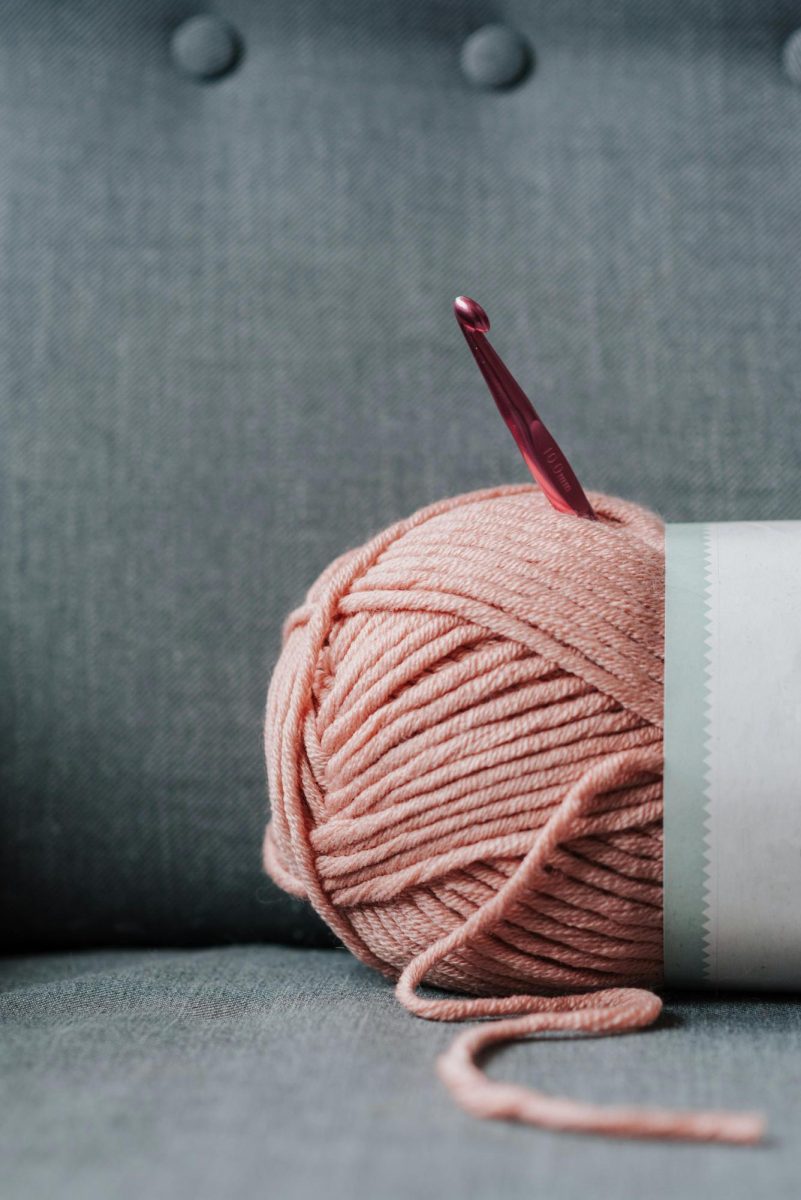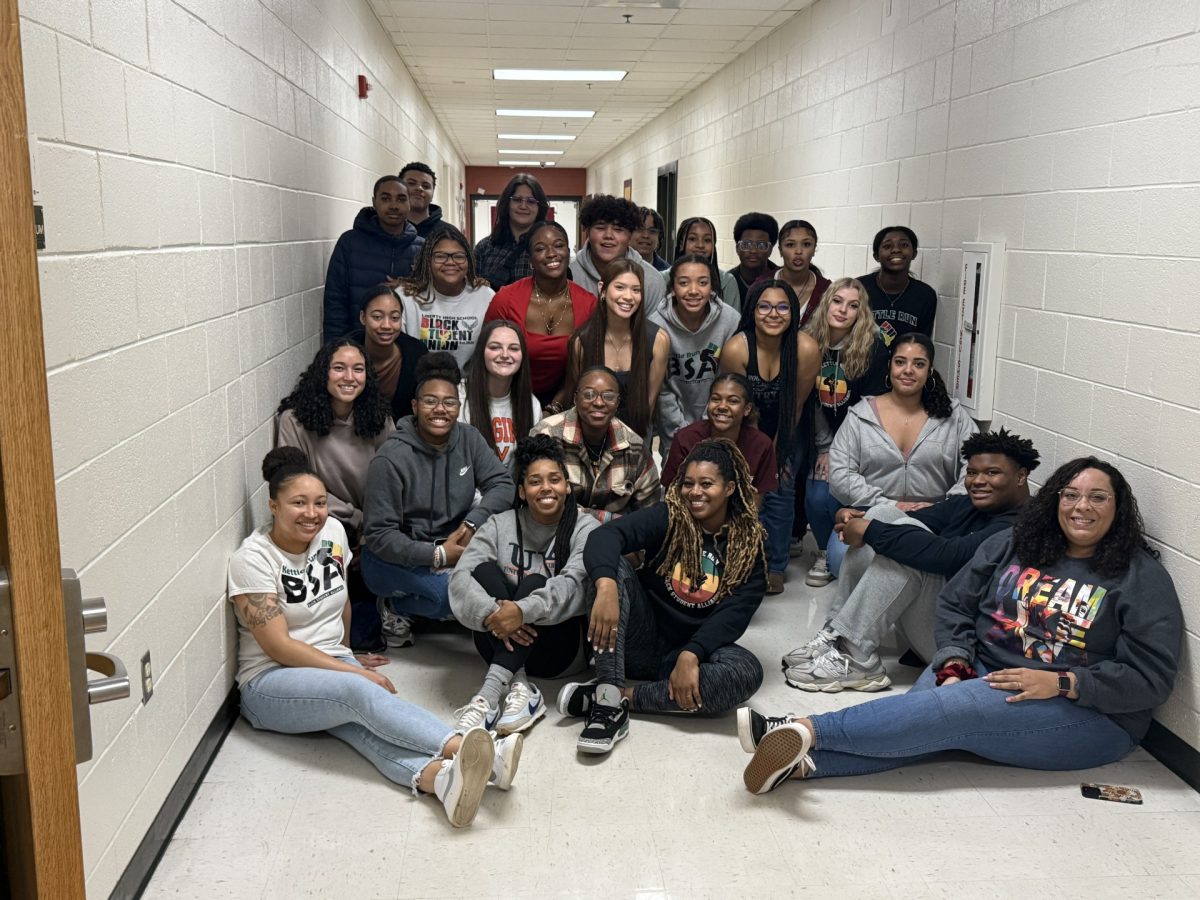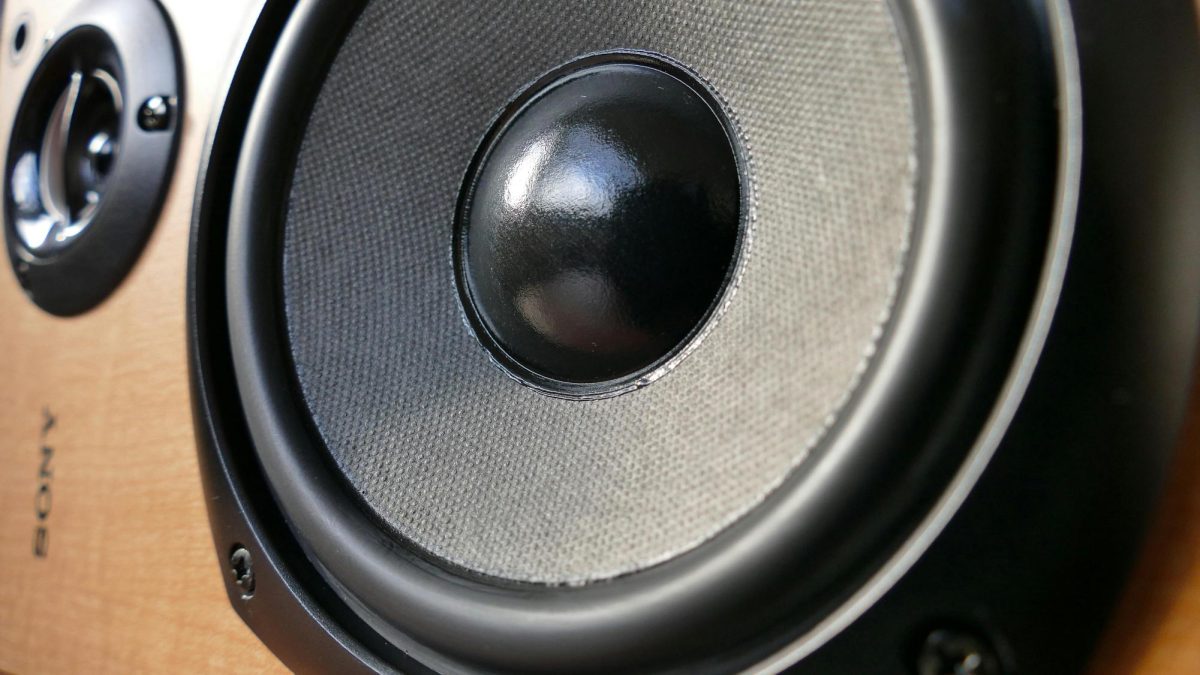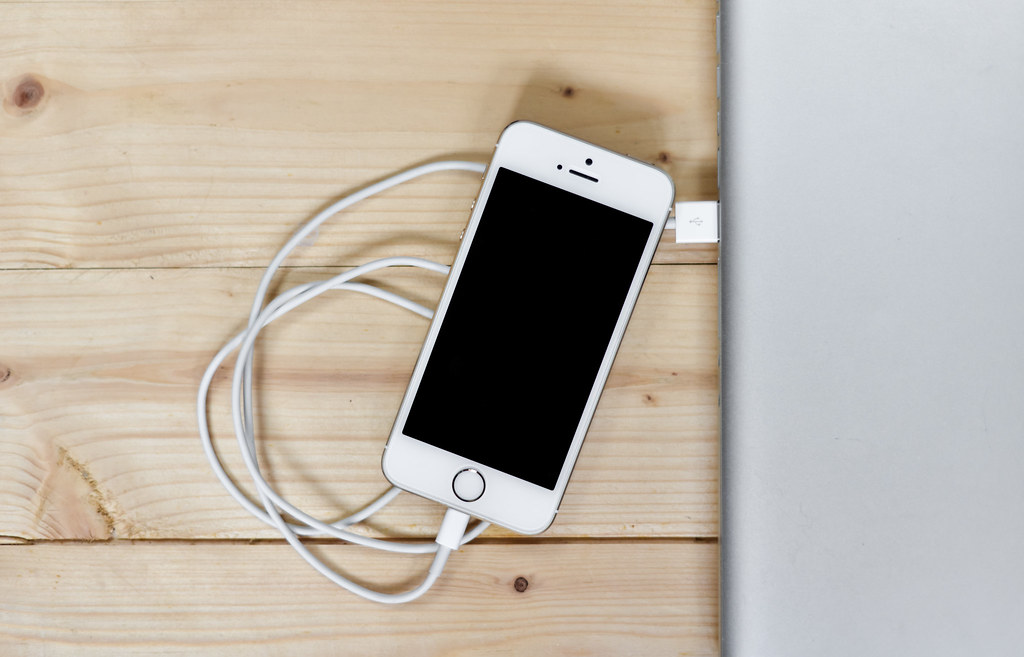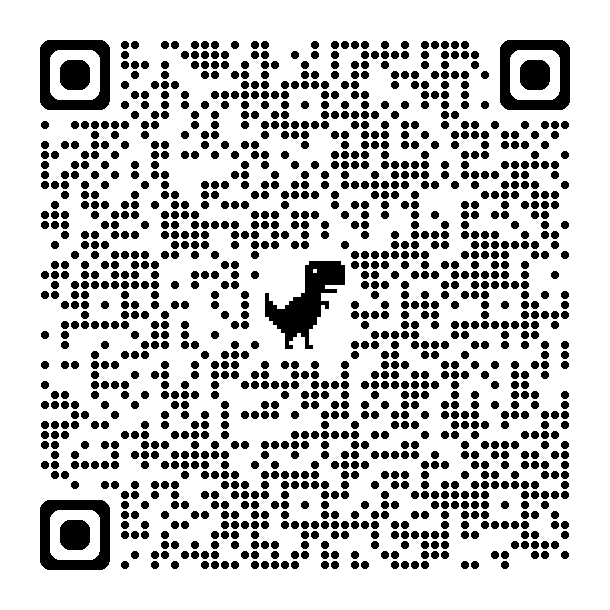Pros of Web Filters
May 2, 2017
Thousands of students across the country bring some type of technological device to school every day.
Whether they are in high school, middle school, or even elementary school, an increasing number of students have some sort of technology at hand.
These devices, such as cellphones, iPods, e-readers, and computers, have proved to be distractions in classrooms on more than one occasion. For this reason, policies like Kettle Run’s own “BYOD,” or “Bring Your Own Device,” have created solutions to the problems posed by newer technology. The policy stands to make students aware of the consequences of improper usage of their device or devices.
During instructional time, it is important that each and every student participates in order to have thoughtful discussions and receive an equal education. However, the improper use of technology can prevent this from happening.
Texting friends, playing games, and looking-up inappropriate content are just some of the things students use their phones and other devices for during class. This is unfair to the students that truly want to learn in their classes but cannot because of others around them forgetting to turn their phone’s ringer off or laughing at a funny picture they saw on Twitter. That is why the administration implemented web filters in the 2015-2016 school year for the first time.
Web filters prevent students from viewing adult content, illegally downloading music, and searching for any other inappropriate websites. The filters at Kettle Run block popular apps and websites like Instagram, Snapchat, and Facebook so that students cannot access them anywhere on the school campus. This is a good thing because countless students waste class time distracting others with their device.
Teachers are required to enforce the BYOD policy to their students, many going as far as handing out a device usage contract in the beginning of the school year to maintain classroom order. This is beneficial to teachers and administrators, as well as students who need a quiet environment in order to learn during class. However, this does not mean that physical monitoring of students’ devices should be done away with, as technology is never one hundred percent guaranteed to work.
In retaliation, many avid social media fans have downloaded apps to avoid the internet content block on their devices. Virtual Private Network, or VPN, allows anyone to access any blocked website, app, or content as a private server. This means that no one will be able to tell what that person is doing on their phone and will not be able to access web history from that device. The downside to this is the effects certain VPN apps might have on your device.
The most popular VPN apps can cause long-lasting damage to smart phones of people who try to get past the web filters. In addition, VPN apps drain the battery of a phone dramatically. I have seen people lose almost 20 percent of their battery within the first five minutes of using the VPN app. It is not worth it to download one of these apps, especially seeing as they do not work most of the time anyway.
The web filters are in place to ensure that every student follows the BYOD policy. This is a valuable tool for teachers when trying to instruct their students and should stay in place until all students are guaranteed an education free from distraction.

